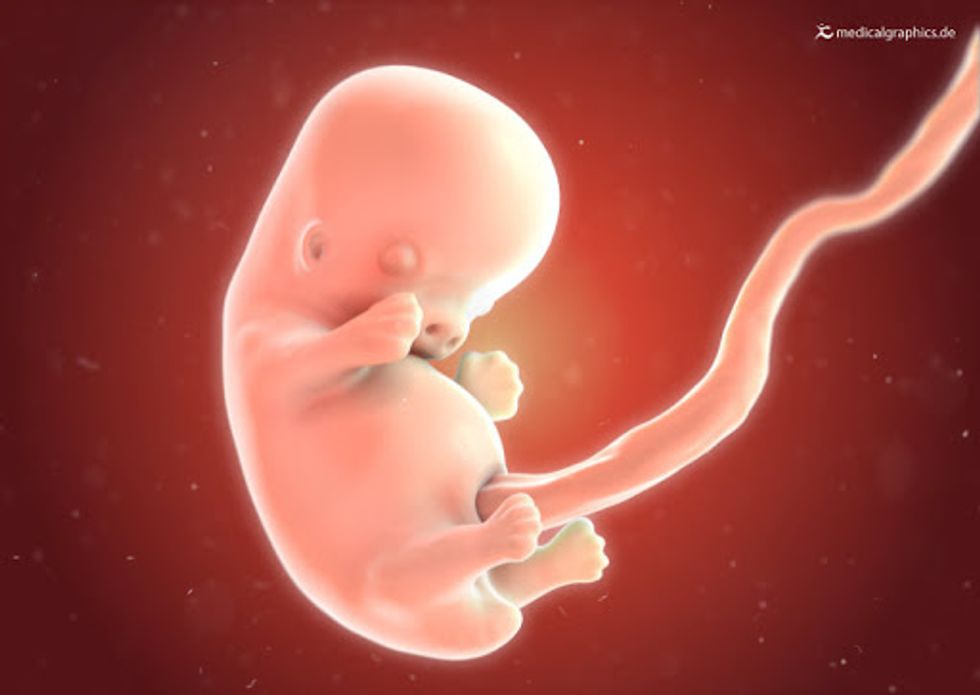The reproductive system is a complex system that works like a machine to create life. The work and research being done with stem cells and embryogenesis are reaching new scientific heights. Back in the early 2000s researchers in Melbourne, Australia were trying to form embryos by using somatic cells instead of sperm and were somewhat successful. They injected nuclei from cumulus cells, which surround developing oocytes, into intact mouse eggs, allowed each egg to rest for 2 to 3 hours, and then induced mitosis chemically. This process was done in vitro, and the researchers did not try to implant these eggs into female mice, but they did say that a lot of work still had to be done before the possibility of live offspring was in the question.
More recently in 2018, scientists created artificial embryos without sperm or eggs, which began to transform into live fetuses after being implanted in female mice. This is such a large step up from the previous research involving the sole absence of sperm. Creating embryos without sperm or egg? I think this is a pretty impressive feat.
The artificial mouse embryos were made from stem cells called extended pluripotent stem cells. These stem cells have the ability to generate all three cell types found in early embryos; ectoderm, endoderm, and mesoderm. In a normal fetus, these three layers develop to form different parts and tissues of the body. Researchers at the University of Texas Southwestern Medical Center instigated the cells to turn into these three cell types and form embryo-like structures by soaking them in special nutrients and growth stimulants.
The team then transferred the artificial embryos to the uteruses of female mice, where seven percent successfully implanted. A week later, the implanted embryos were surgically removed by cesarean section. Closer examination showed that the fetuses had started to form early fetal structures, but they had many large abnormalities. This breakthrough is amazing yet shows that there is still a long way to go before there is talk of real offspring being birthed from a method like this.
These experiments bring up a plethora of ethical questions that I find very interesting. Would it be right to bring children into a world where they don't have any biological parents? Is it fair to the children to give them a life like that?













